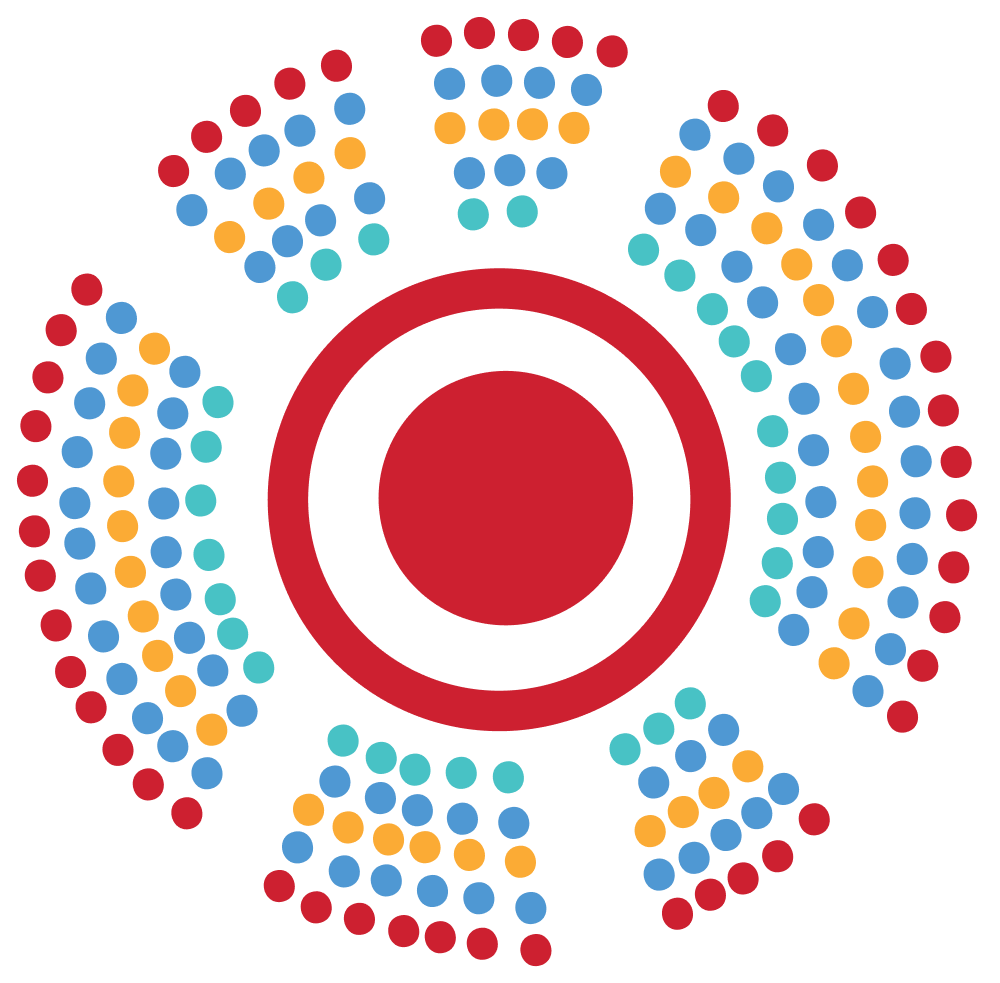Transforming Kidney Care For Aboriginal Australians With Respect And Deep Understanding
A transforming project that includes listening and responding to the experience of people living with Chronic Kidney Disease (CKD) is revolutionising kidney care for Aboriginal Australians in South Australia.
The early success of the Aboriginal Kidney Care Together – Improving Outcomes Now (AKction) collaboration, which combines the expertise of doctors, nurses, academics, health care providers and managers with the experience of people living with Chronic Kidney Disease and their families, has been recognised and will now be expanded through a $2 million Ideas Grant from the National Health and Medical Research Council.
In 2018, AKction was funded as a Health Translation SA (HTSA) project, led by the University of Adelaide, and supported by the Australian Government’s Medical Research Future Fund (MRFF)Rapid Applied Research Translation initiative.
It aimed to improve CKD care and patient experiences and develop proactive health strategies and three years on, project leader, Dr Janet Kelly says there have been significant wins.
“It was clear at the outset that there were so many layers of complexity that needed to be addressed if we were to improve care experiences and treatment outcomes for Aboriginal people with kidney disease,” Dr Kelly says.
“We needed to understand what factors were having a negative impact on patients and access to the care they need and how we might develop more effective strategies and models of care responsive to the needs of Aboriginal people.
“And the best place to start was with the people who were actually navigating the care system and trying to manage their illness and treatment.”
The initial MRFF funded project enabled the diverse AKction research team – comprised of clinicians, leaders in the field, peak bodies and academics – to come together and begin their transformative research.
“The funding, support and capacity building provided by HTSA has enabled our team to go from strength to strength and successfully apply for an Ideas Grant,” Dr Kelly says.
“In particular HTSA provided our team with networking, presentation, learning and marketing skills training and helped us develop our ‘elevator pitch’ so we were effectively communicating our aims and approach to diverse end users, including policy makers and funders.
Aboriginal and Torres Strait Islander communities are at higher risk of CKD for a range of complex reasons – from the impact of challenging socio-economic circumstances and the long-term impacts of colonisation and racism, to intergenerational trauma, low birth weights and other health conditions such as diabetes, obesity, and high blood pressure.
While research shows that Aboriginal people are very interested in better detection of early kidney disease, better care for people approaching dialysis and better access to a kidney transplant, health systems don’t always support Aboriginal people in coordinated ways.
“The AKction project established a reference group comprising 10 Aboriginal renal care patients who inform our work at every stage,” Dr Kelly says.
“Elevating the voice and experience of community members to the same level as other researchers has been key to our success, it has embedded a deeper understanding of the CKD health journey from the patient perspective. Having key decision makers on the research team working in collaboration has enabled AKction to respond to community priorities more effectively.”
Kaurna, Narungga, Ngarrindjeri woman and reference group member, Ms Kelli Owen, is one of the voices of experience making a huge difference to the journey of Aboriginal people facing the health, cultural and personal challenges of kidney dialysis and transplantation.
Having been a dialysis patient and kidney transplant recipient, Ms Owen is an Akction Reference Group member and the National Indigenous Kidney Transplantation Taskforce Community Engagement Coordinator.
Ms Owen knows first-hand what it means to be heard and to know that medical specialists and researchers are responding to gaps identified by Aboriginal people.
“The work we are doing is building trust among our brothers and sisters because they know we are truly listening, engaging and responding to what they need and want as they move through their health journey,” Ms Owen says.
“A lot of people had been trying to make individual changes and finding it hard but by working together our collective voices have been heard and actioned and that is so important for Aboriginal people.”
Dr Kelly says an example of a new care strategy already having an impact is the establishment of dialysis chairs within the Kanggawodli Aboriginal Hostel.
“The reference group and health care providers were able to identify barriers for patients from remote areas, living in Adelaide away from their usual family support. Together they arranged a pilot project with two dialysis machines located at an Aboriginal hostel, making it simpler for some patients to reliably get the treatment they need,” Dr Kelly says.
“And it is making a real difference, especially for patients from remote regions who have little experience of navigating transport options in busy city environments and have language barriers. Some dialysis patients have been able to stabilise their renal disease through regular dialysis and one on one wrap around care provided at Kanggawodli.
“Two people have been able to return to their remote community where there is a satellite dialysis service.
“By developing an action-based approach to our research and in leading real and deep engagement between Aboriginal people and health care workers, we have begun to fundamentally transform how kidney care is provided here in South Australia and share our findings, nationally and internationally.
“The next stage of our work, AKction 2 has now been funded through an NHMRC Ideas Grant, and community members are now positioned as chief investigators. This will result in further embedding Aboriginal approaches to health care and research, using techniques such as Dadirri – the Aboriginal practice of deep and careful listening; and Ganma – the wisdom that comes from two types of knowledge coming together to create new knowledge, into the co-design and delivery health care services.”
Dr Kelly says that AKction 2 will incorporate four key sub studies focusing on Indigenous governance, kidney journey mapping, peer support including patient navigators, and cultural safety.
“The end goal is to have a partnership service delivery model instead of a top-down approach. Health journey mapping in partnership can help us develop a health care framework designed to deliver the very best health care experiences and outcomes for Aboriginal CKD patients that is both culturally safe and respectful.”
Partners in this project include: Aboriginal people with lived experience of kidney disease, dialysis and transplantation; the University of Adelaide; the Central Northern Adelaide Renal and Transplantation Service (CNARTS); SA Health; the Port Augusta Renal Unit; the Aboriginal Community Controlled Health Services, Pika Wiya; Ceduna District Health Services; Kanggawodli Hostel; SAHMRI – Wardliparingga Health Equity; Aboriginal Chronic Disease Consortium; Purple House; Kidney Health Australia; CARI – Caring for Australasians and New Zealanders with Kidney Impairment; the Community Outreach Dental Program (CODP); and the National Indigenous Kidney Transplantation Taskforce.

